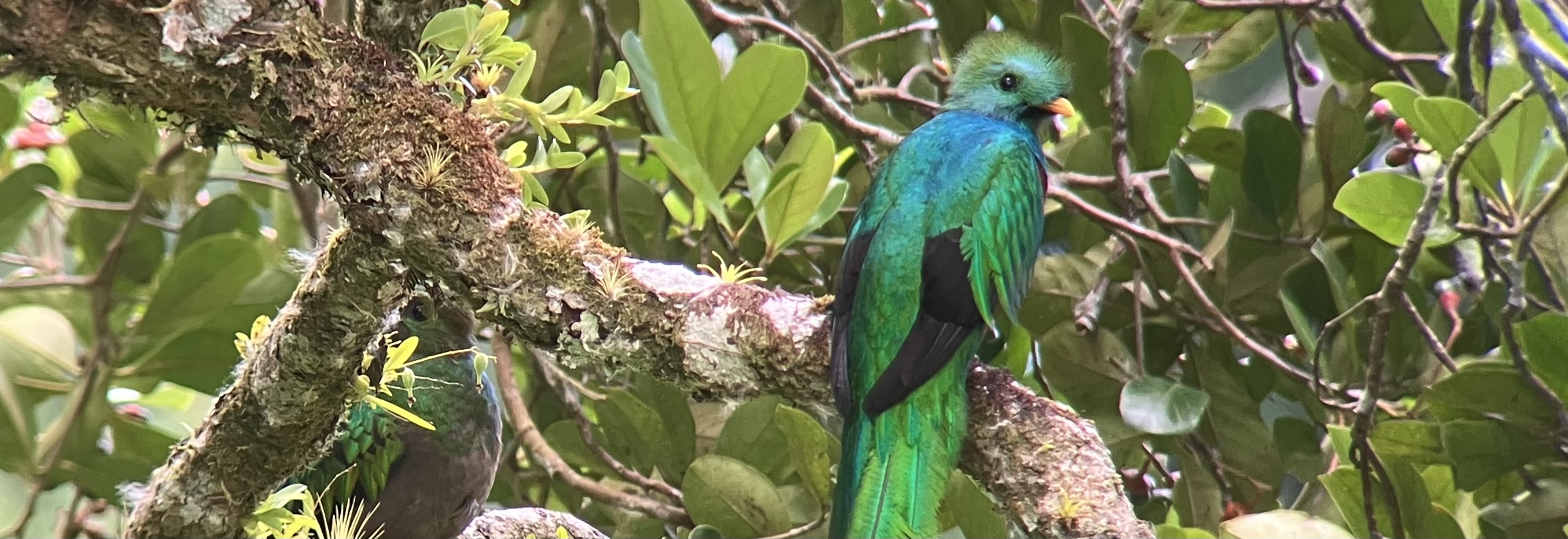
Monteverde Institute: Culture, Community, and Health
Alternative Title
Cultivo en viviendas y seguridad alimentaria en West Oakland, CA
Files
Download Full Text (2.4 MB)
Publication Date
April 2020
Abstract
I am a student of sustainable agroecology and an upcoming sustainable urban farmer. I believe that we should all grow our own food in order to decentralize the industrial food system in America, to reclaim and redistribute American farmland to people of color, and to ensure food security across this country of food-apartheid. Food apartheid is another term for a food desert, which is a neighborhood that does not have access to grocers that sell affordable, fresh, and healthy produce/foods. The term “food apartheid” accounts for the institutionalized racial discrimination present in such neighborhoods, and clarifies that this landscape of food insecurity in human-made, not naturally occurring (Penniman). “More than 23.5 million Americans live more than a mile away from their nearest supermarket, and 2.3 million of them don’t have access to a car” (Doherty). Rather than forcing millions of Americans (predominantly those of color) to eat from local and limited corner stores, we should distribute and grow healthy food with equity, sustainability, and accessibility on the front of the mind. Furthermore, empowering people to grow their own food decentralizes food production, which allows consumers to understand and control the source of their food, as well as creating self-autonomous food security. In 1910, black people in America owned 14% of America’s farmland, but through the Black Codes, the 13th Amendment, redlining, and more institutionalized acts of racism, black farmers today own only 1.5% of America’s farmland (Penniman). I strive to work towards the grassroots reclamation of growing across the nation. I created an instructional manual, or “zine” (name for an informal, homemade mini magazine), displaying how to grow fresh produce at home. The zine, titled “Easy Home Growing,” is designed to support people with limited resources to grow food at home. This manual can be particularly important amidst the COVID-19 outbreak, which makes accessing grocery stores and earning enough money for food even more challenging for those already living in food apartheid. A neighborhood near me in food apartheid is West Oakland, California. I will distribute the zines through the neighborhood in hopes to empower my community to grow organic, fresh, and healthy produce at home.
Resumen
Soy una estudiante de agroecología sostenible y una futura agricultora urbano sostenible. Creo que todos deberíamos cultivar nuestros propios alimentos para descentralizar el sistema alimentario industrial en Estados Unidos, reclamar y redistribuir las tierras agrícolas estadounidenses a las personas de color y garantizar la seguridad alimentaria en todo este país de apartheid alimentario. El apartheid alimentario es otro término para referirse a un desierto alimentario, que es un vecindario que no tiene acceso a tiendas de comestibles que venden productos / alimentos asequibles, frescos y saludables. El término “apartheid alimentario” explica la discriminación racial institucionalizada presente en tales vecindarios y aclara que este panorama de inseguridad alimentaria es provocado por el hombre, no de forma natural (Penniman). “Más de 23,5 millones de estadounidenses viven a más de una milla de su supermercado más cercano y 2,3 millones de ellos no tienen acceso a un automóvil” (Doherty). En lugar de obligar a millones de estadounidenses (principalmente a los de color) a comer en las tiendas locales y limitadas, deberíamos distribuir y cultivar alimentos saludables con equidad, sostenibilidad y accesibilidad en el frente de la mente. Además, empoderar a las personas para que cultiven sus propios alimentos descentraliza la producción de alimentos, lo que permite a los consumidores comprender y controlar la Fuente de sus alimentos, además de crear una seguridad alimentaria autónoma. En 1910, los negros en Estados Unidos poseían el 14% de las tierras agrícolas de Estados Unidos, pero a través de los Códigos Negros, la 13a Enmienda, las líneas rojas y los actos de racismo más institucionalizados, los agricultores negros hoy poseen solo el 1,5% de las tierras agrícolas de Estados Unidos (Penniman). Me esfuerzo por trabajar hacia la recuperación de base del crecimiento en todo el país. Creé un manual de instrucciones, o “zine” (nombre de una mini revista informal y casera), que muestra cómo cultivar productos frescos en casa. El zine, titulado “Cultivo en casa fácil”, está diseñado para ayudar a las personas con recursos limitados a cultivar alimentos en casa. Este manual puede ser particularmente importante en medio del brote de COVID-19, que hace que accede a los supermercados de comestibles y ganar suficiente dinero para comprar alimentos sea aún más desafiante para quienes ya viven en el apartheid alimentario. Un vecindario cercano a mí en el apartheid alimentario es West Oakland, California. Distribuiré las revistas por el vecindario con la esperanza de que mi comunidad pueda cultivar productos orgánicos, frescos y saludables en casa.
Extent
14 pages
Holding Location
Monteverde Institute
Language
English
Media Type
Articles
Format
Digital Only
Identifier
M38.00147
Creative Commons

This work is licensed under a Creative Commons Attribution-Noncommercial-No Derivative Works 3.0 License.
Recommended Citation
Burk, Ella, "Home growing and food security in West Oakland, CA, April 25, 2020" (2020). Monteverde Institute: Culture, Community, and Health. 137.
https://digitalcommons.usf.edu/community_health/137


